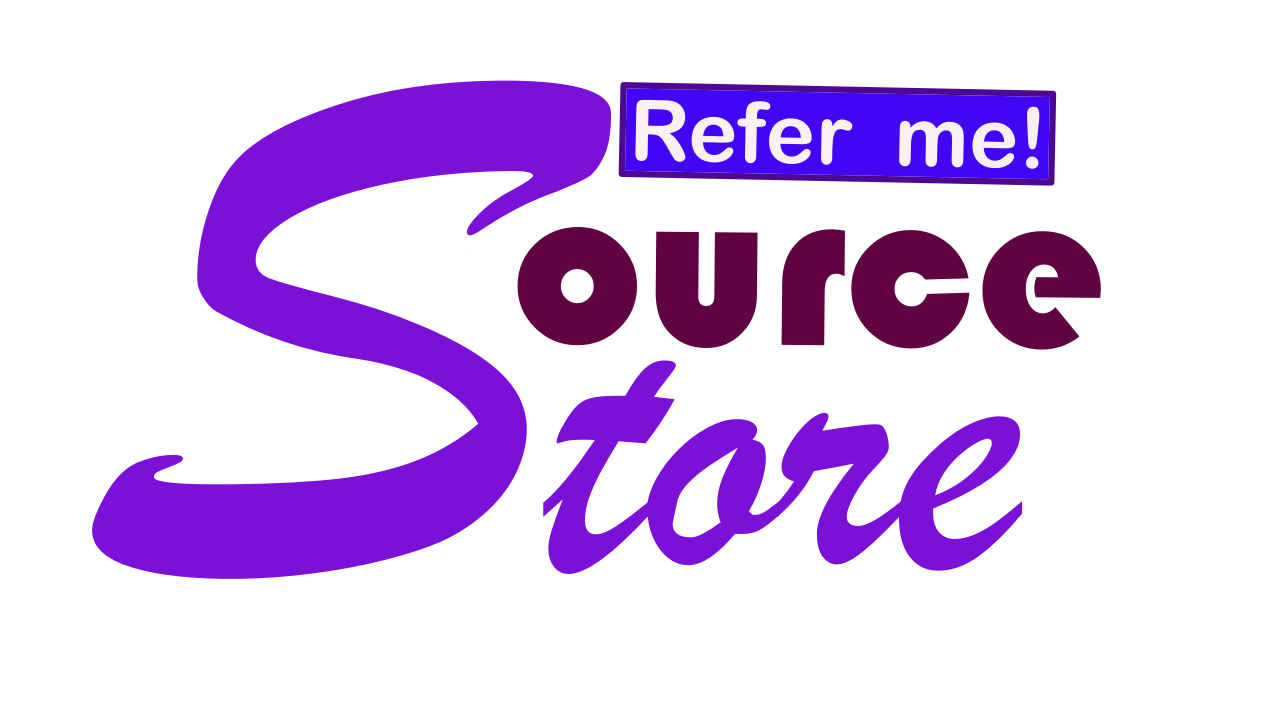Introduction:
Artificial Intelligence (AI) has emerged as a transformative technology, revolutionizing various aspects of our lives. As AI continues to advance at an unprecedented pace, there is increasing speculation about its impact on the job market. Will AI replace human workers? What new job opportunities will it create? In this article, we will explore the impact of AI on the job market, dispel common misconceptions, and shed light on the exciting possibilities that lie ahead. Brace yourself for an inspiring and engaging journey into the future of work, backed by real-life examples.
1. Automation and Job Displacement:
One of the primary concerns surrounding AI is the fear of job displacement. While it's true that certain routine and repetitive tasks can be automated, it's important to note that AI is more likely to augment human capabilities rather than replace entire occupations. Many jobs require human intuition, creativity, emotional intelligence, and problem-solving skills that are currently beyond the reach of AI.Real-life Example: The banking industry has witnessed the integration of AI in customer service operations. Chatbots and virtual assistants handle routine inquiries, allowing human employees to focus on more complex customer needs. This symbiotic relationship between AI and human workers improves efficiency and customer satisfaction.
2. The Emergence of New Job Roles:
As AI evolves, it creates opportunities for the development of new job roles that were previously non-existent. AI requires human expertise in areas such as data analysis, algorithm development, ethical considerations, and AI governance. Additionally, industries like robotics, machine learning, and natural language processing will require a skilled workforce to design, develop, and maintain AI systems.
Real-life Example: AI trainers or AI ethicists are emerging roles that focus on training AI models, ensuring fairness, and addressing ethical concerns. These professionals play a crucial role in shaping AI systems to align with human values and societal needs.
3. Job Transformation and Skill Reskilling:
AI has the potential to transform existing job roles by automating routine tasks, enabling employees to focus on higher-value work. This shift requires a focus on upskilling and reskilling to equip workers with the necessary skills to adapt to changing job requirements. Skills such as critical thinking, creativity, complex problem-solving, and adaptability will become increasingly valuable in the AI-driven job market.
Real-life Example: The healthcare industry is experiencing a transformation due to AI applications. AI algorithms can analyze medical images and assist in diagnosis, allowing healthcare professionals to concentrate on treatment planning and patient care. This transition requires healthcare workers to acquire skills in AI utilization and interpretation of AI-generated insights.
4. Collaboration between Humans and AI:
Rather than a complete takeover, the future of work lies in the collaboration between humans and AI. AI can augment human capabilities, providing valuable insights and enhancing productivity. By leveraging AI technologies, workers can automate repetitive tasks, make data-driven decisions, and focus on strategic thinking and innovation.
Real-life Example: In the field of marketing, AI-powered analytics tools help businesses analyze customer data, identify trends, and personalize marketing campaigns. Marketers then utilize these insights to develop creative strategies and connect with customers on a deeper level.
5. Entrepreneurship and Innovation:
AI opens doors for entrepreneurs to develop innovative solutions and start their own businesses. The democratization of AI technology allows startups and small businesses to leverage AI tools, platforms, and APIs without substantial upfront costs. This fosters a culture of entrepreneurship, where individuals can harness AI to solve complex problems and create new market opportunities.
Real-life Example: OpenAI's GPT-3 language model has enabled the development of a wide range of AI-powered applications. Startups are utilizing GPT-3 to build virtual assistants, content generators, and creative tools, revolutionizing various industries.
Conclusion:
While AI undoubtedly brings changes to the job market, its impact is not one of complete replacement but rather augmentation, transformation, and the emergence of new opportunities. Job displacement in certain areas is inevitable, but the advent of AI also brings with it the need for new skills, job roles, and collaboration between humans and intelligent systems. The future of work will be defined by human creativity, critical thinking, emotional intelligence, and the ability to adapt to the evolving landscape of AI technology.
As we navigate this transformative era, individuals and organizations must embrace lifelong learning, invest in upskilling and reskilling, and foster a culture of innovation. By harnessing the power of AI, we can create a future where humans and machines work hand in hand, unlocking new possibilities and driving economic growth. The impact of AI on the job market is a testament to the potential for technology to empower us and shape a future where human ingenuity thrives.

